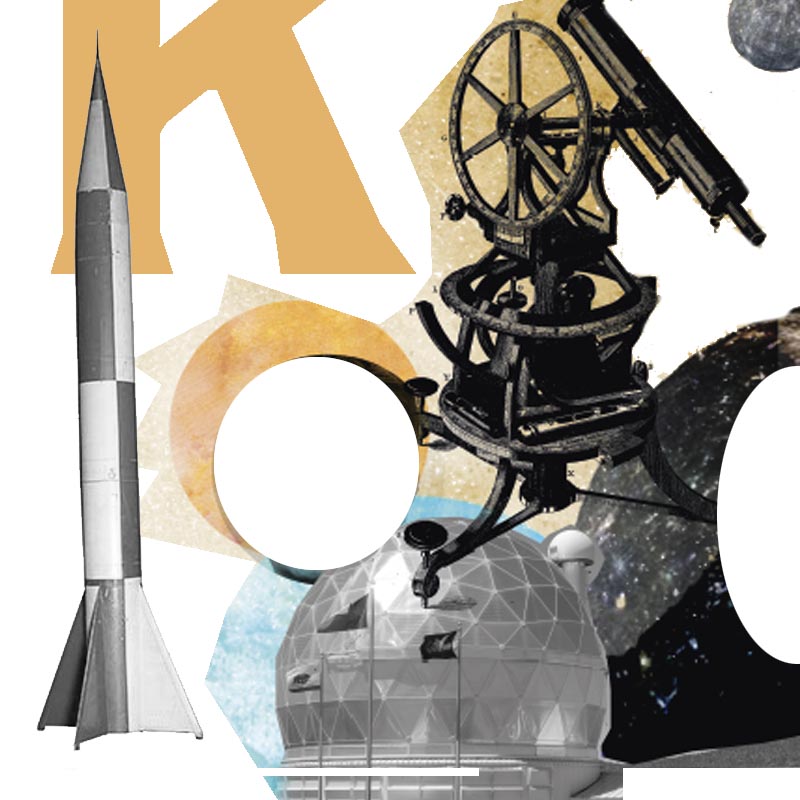The history of astronomical research and a wide range of issues related to astronomical instruments are the main focuses of a new exhibition at the Museum of Technology in Warsaw. The exhibition “All telescopes of the world – history of space exploration, Polish contribution to space exploration and conquest” was created with financial support from the Ministry of Science and Higher Education.
The exhibition story begins with the presentation of Galileo Galilei’s telescope, which was the first optical instrument in astronomical research, and ends with contemporary stationary devices with gigantic optics and telescopic devices currently being deployed in space.
The exhibition presents the contribution of Poles to the history of space exploration, beginning with the story of Nicolaus Copernicus – one of the most important figures in world science. His work “De revolutionibus orbium coelestium” is one of the most important scientific works in the history of mankind.
When talking about the contribution of Poles to the exploration and conquest of the cosmos, Jan Hevelius, creator of the first maps of the Moon, designer of the famous tubeless telescope and other astronomical instruments, must not be omitted. For his merits in the field of astronomical research, he was elected the first ever foreign member of The Royal Society in London.
The museum’s list of Poles connected with astronomy and space research also includes Mirosław Hermaszewski – the first Polish cosmonaut; Kazimierz Kordylewski – discoverer of the Earth’s dust moons at Lagrange points, awarded the NASA bronze medal; and Bohdan Paczyński – who used the method of gravitational microlensing in his search for planets or other objects distant from the Earth outside the Solar System.
There are also researchers and scientists still actively working and developing, such as Aleksander Wolszczan, the discoverer of the first planets from beyond the Solar System and Sławosz Uznański, the engineer and project astronaut, who is about to set off to conquer space in front of the whole world.
Arkadiusz Słomczyński





